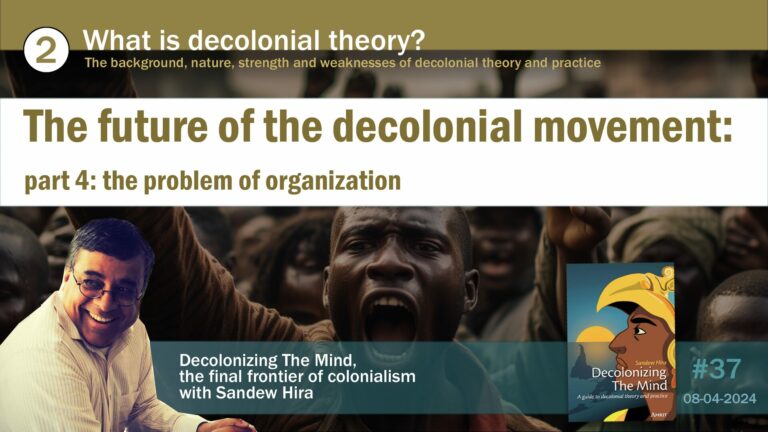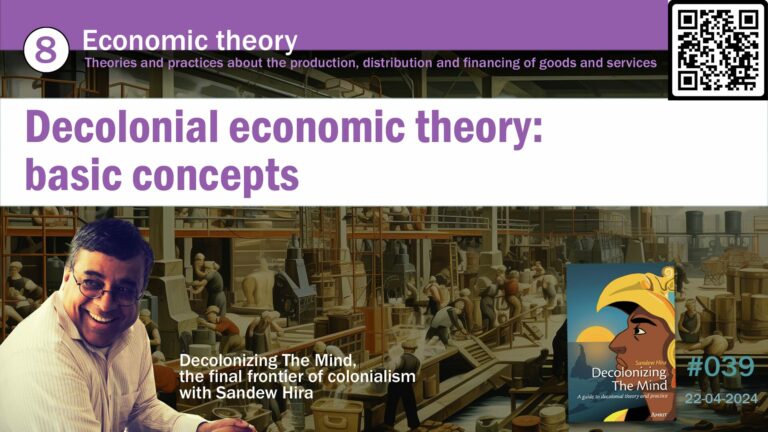
PRESS RELEASE: Leveson Inquiry: Lost voices
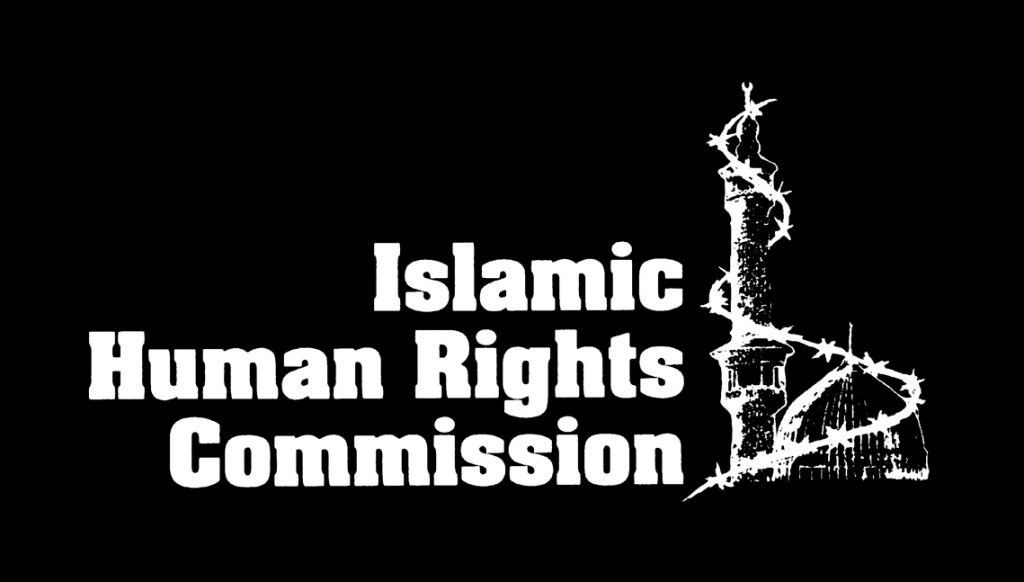
IHRC welcomed the Leveson Inquiry when it was initially announced, but as the proceedings progressed we became disillusioned at what was taking place. The media concentrated on celebrities and the voices of real people were lost.
We have witnessed the demonisation of Muslims in the British media since 9/11 yet we felt that Islamophobia in the media was not addressed. The inquiry also failed to address the demonisation of communities after the riots and the biased coverage that the media gave in favour of the state without giving credence to genuine grievances from deprived and disenfranchised communities.
Instead we heard the line ‘mindless violence’, pumped out directly from the government spin doctors, but maybe we should really be talking about ‘mindless journalism’.
The Leveson Inquiry should have moved away from privileged celebrities and their personalities and looked at communities that have to bear the brunt of demonisation as it trickles down from politicians and media to the rest of society, sometimes resulting in physical attacks on Muslims.
Only two Black journalists were interviewed and no Muslim journalists. The media is inherently white and Middle-class and the few diverse faces we do see on our screens peddle the same line as their white counterparts, not something we can call diversity, rather it is just tokenism.
IHRC has pointed out the treatment of Muslims in the British media long ago; in 2007 we published a report ‘The British Media and Muslim Representation: The ideology of demonization’. The research found that high percentage of Muslims in the UK thought that there was a negative portrayal of Muslims in the British press
Almost six years ago IHRC put forward recommendations for the media to ensure that Muslims are not subject to bias and ill-treatment. IHRC laid out the following recommendations details of which can be found by following the link below;
-
Monitoring representation of Muslims
-
Tackling overt vilification and demonisation of Muslims
-
Cultural change in the attitude of British politicians
-
Creating effective watchdogs
-
Creating structures of accountability for the political use of media
-
Requiring balance
-
Taking action against worst offenders
-
Accountability
-
Contextualising reporting of Islam
-
Wide and effective consultation
Chair of IHRC, Massoud Shadjareh said, “Muslims have to face a daily onslaught of Islamophobia put out by the media, sometimes the stories are fabricated. We, as Muslims, have to live this difficult reality. I am shocked and disappointed that the Leveson inquiry left this major part of the British media out of his inquiry.”
Notes to editors
-
For media enquiries please email media@ihrc.org or call 020 8904 4222
-
The report ‘The British Media and Muslim Representation: The ideology of demonization’ can be found here
IHRC is an NGO in Special Consultative Status with the Economic and Social Council of the United Nations.
Islamic Human Rights Commission
PO Box 598
Wembley
HA9 7XH
United Kingdom
Telephone: (+44) 20 8904 4222
Email: info@ihrc.org
Web: www.ihrc.org
Twitter: @ihrc
Help us reach more people and raise more awareness by sharing this page
Featured Campaigns
Trending Posts

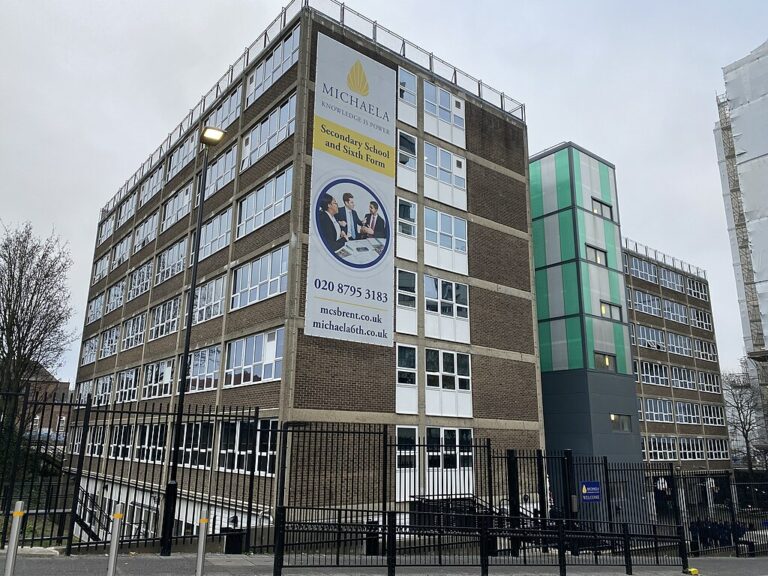
School prayer ruling is exclusionary and Islamophobic
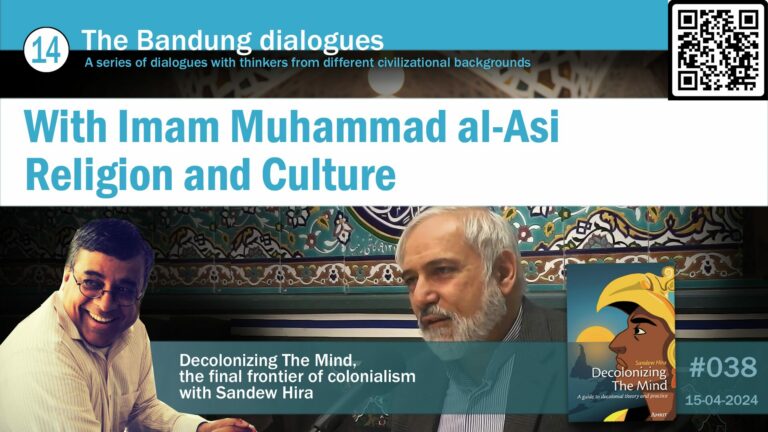
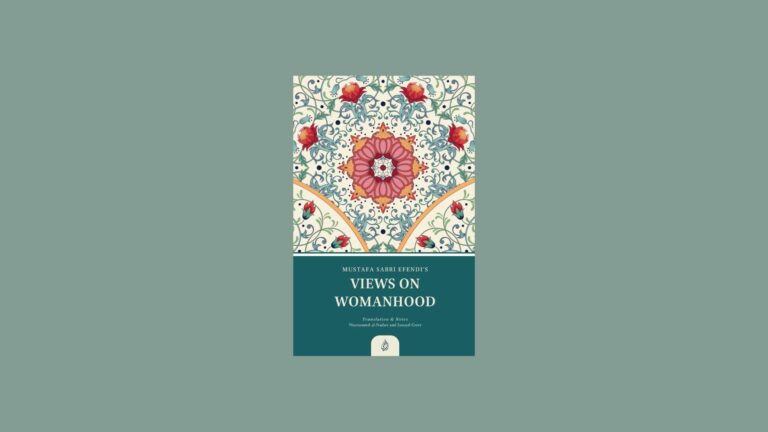
Author Evening with Muzzammil Al-Nadwi: Views on Womanhood
